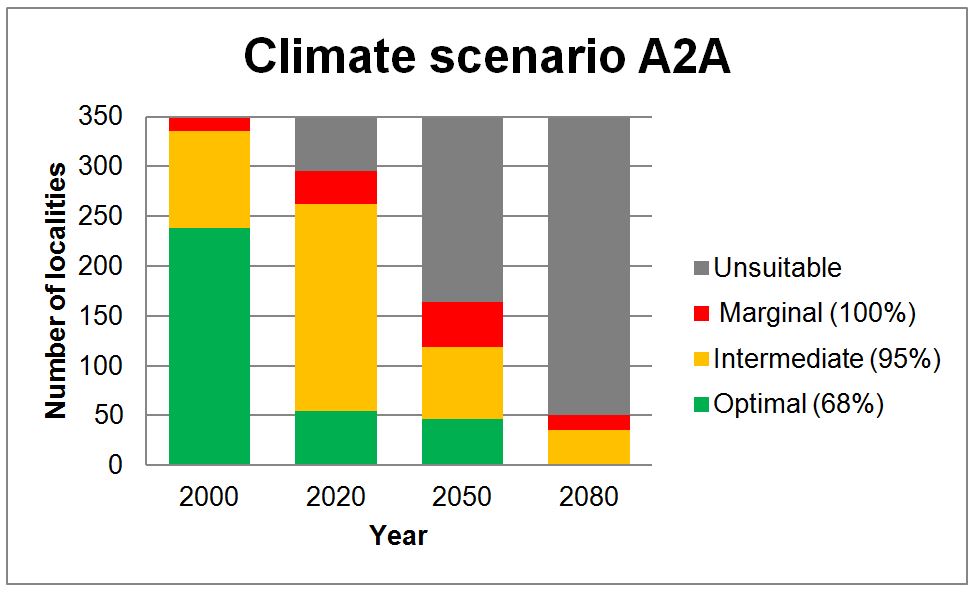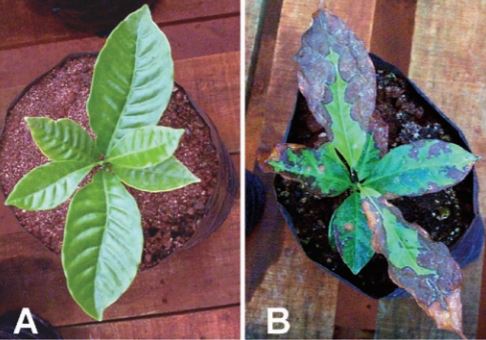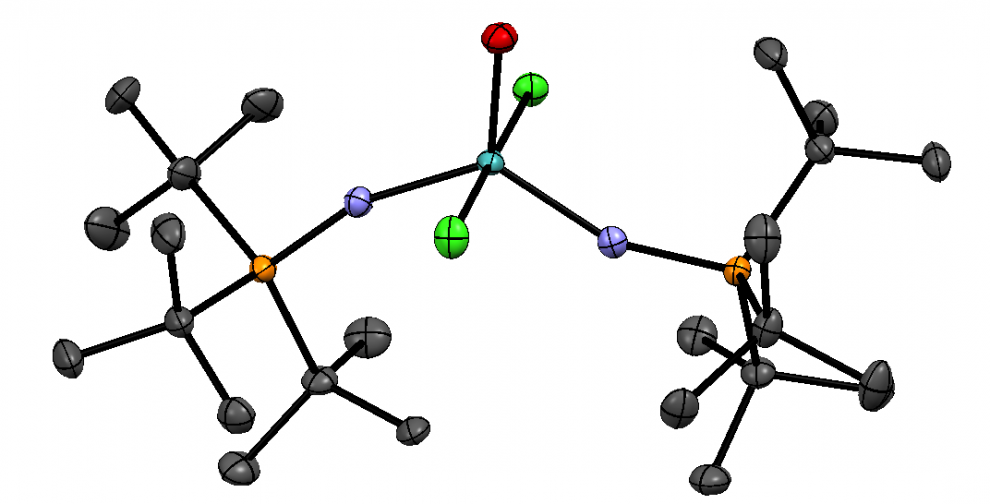We all are familiar with coffee, whether we drink it or not. The 2018 Coffee Association of Canada Study states that 72% of Canadians aged 18-79 drank coffee yesterday. Often, we think coffee is a source of addiction for its nice taste and a stimulating sensation. Others make efforts to withdraw from drinking too much because of the toll it takes on their health. We rarely think coffee will disappear because it sounds so abundant. Yet we don’t realize that coffee is leading towards extinction faster than we think.

Coffee beans. Source: Flickr
Coffee cultivation is significantly decreasing due to human activities. Deforestation and fossil fuel usage have raised temperatures, affecting the quality and quantity of coffee production. In addition, diseases such as coffee rust eat up the leaves and negatively impacts the coffee plantations. While it is not an immediate concern, a computerized climate model predicted that wild Arabica could go extinct by 2080. Despite the concerns shown by the industry and researchers, there is no commercial genetically modified (GM) coffee. However, there have been efforts in research to develop GM coffee, in hopes of a longer lifetime.

Predicted climate change outcomes for indigenous Arabica localities for one emission scenario. Source
Researchers used genetic engineering to introduce herbicide resistant coffee plants, a method to decrease weed damage while reducing phytotoxicity. In a Coffea canephora P study, researchers produced a genetically transformed coffee, by a particle bombardment of a DNA plasmid pCambia3301. Both transformed and non-transformed leaves were sprayed with herbicide ammonium glufosinate in greenhouse conditions. The non-transformed leaves showed clear signs of darkening and wilting, but the transformed leaves stayed in good condition.

One week after transformed leaves (A) and non-transformed leaves (B), sprayed with herbicide ammonium glufosinate. Source
Geneticist Juan Medrano from UC Davis College released the first public sequenced genome of Coffee Arabica in 2017. He hopes that not only researchers but also coffee consumers and farmers can use this information. Modifications to the sequence can give new insights to combat environmental stresses and infections. In addition, introducing new flavors and fragrances can keep Coffee Arabica’s quality.
Although genetically modified coffee technology is already available, many consumers remain skeptical regarding their consumption. This is due to their nature as chemically treated foods, also known as “Frankenfoods”. Because of human impact on the Earth and Mother Nature’s response, it is inevitable that genetically modified foods will slowly dominate the food industry. Time goes by quicker than we think, so take a moment to cherish the natural coffee while it lasts.
-Taiki Matsumoto
